Low Potassium Diet For Kidney Disease
Potassium, a mineral found in many different foods, is used by our bodies to maintain fluid balance and keep muscles, nerves and heart working properly. The kidneys have the job of maintaining the correct level of potassium in the blood. For example, when an individual eats food loaded with potassium, it’s the kidneys job to rid the body of excess potassium through urine.
However, a medical condition called hyperkalemia can occur if the kidneys are not working properly. Hyperkalemia, or a high potassium level, develops when too much potassium stays in the blood. When a person suffers from any sort of kidney problems, they may need to start a low potassium diet to help the kidneys eliminate the excess potassium by lowering the amount the kidneys have to process.
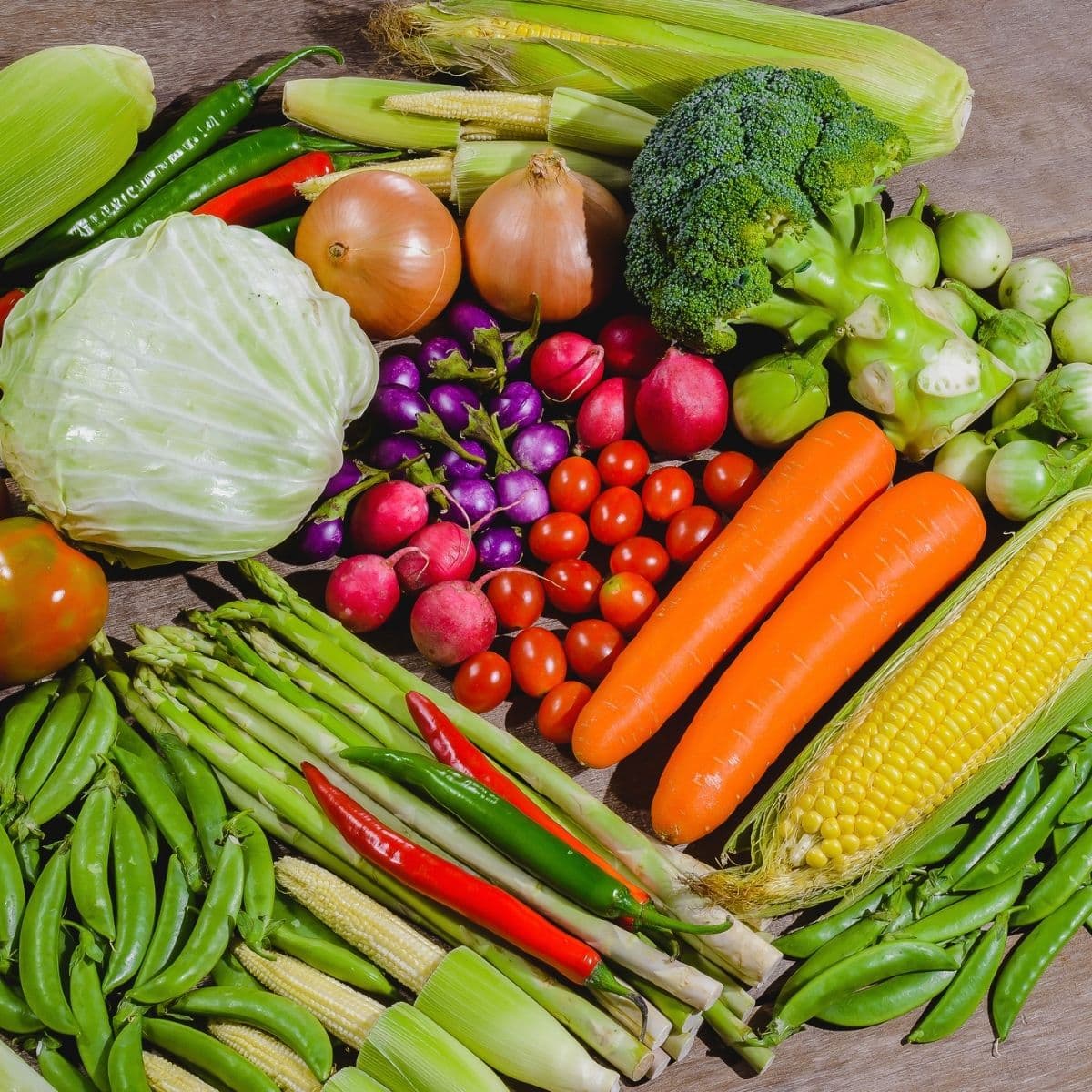
In this article we'll discuss the importance of maintaining a low-potassium diet as part of your treatment plan for people with kidney disease. We'll cover why it's necessary, which foods should be avoided, and tips on making sure you're getting all the nutrients you need while still adhering to dietary restrictions. By the end of this article you will have a better understanding of how to maintain a healthy lifestyle while living with kidney disease.
Jump to:
- What Is A Low Potassium Diet?
- Benefits Of A Low Potassium Diet
- Types Of Food To Avoid
- Foods That Are Low In Potassium
- Monitoring Your Potassium Levels
- Increase Your Intake Of Fiber
- Read Nutrition Labels
- Choose Low-Sodium Alternatives
- Vitamins And Minerals Needed
- Medication Adjustment
- FAQs about A Low Potassium Diet
- A Low Potassium Diet Can Help Control Kidney Disease
What Is A Low Potassium Diet?
What happens if your potassium levels are high? Potassium is an essential mineral that plays a vital role in many bodily functions, including muscle and nerve function, heart rhythm, and fluid balance. When the kidneys are not functioning properly, they may not be able to regulate potassium levels in the blood, leading to high levels of potassium.
Maintaining a low potassium diet is a delicate process. Every step you take needs to be carefully thought out, planned and executed in order to keep your body functioning at its best.
Normal potassium level ranges from 3.6 to 4.8 milliequivalents per liter (mEq/L). Some medical conditions such as acute or chronic kidney failure, among other concerns can impair kidney functions and cause a higher level of potassium in the blood and create a need for a low potassium diet. Medication like angiotensin-converting enzyme (ACE) inhibitors, the excessive use of potassium supplements or addictions such as alcoholism can increase potassium too.
Regardless of the reason for an increased level of potassium, using a low potassium diet can keep the mineral at a close to normal level. Eating the right foods, avoiding processed foods whenever possible, creating meal plans that are balanced and flavorful, and timing meals properly are all essential elements of this balancing act. Keeping track of your meals or using meal replacements can also play an important role in maintaining a healthy kidney function for those suffering from chronic kidney disease.
When it comes to following a low potassium diet for kidney health, one size does not fit all. Your individual needs will depend on factors such as age, activity level, current medical status and medications taken; so consulting with your healthcare provider is key to ensuring success.
Achieving optimal kidney health requires diligence but doesn't have to mean deprivation. Taking time to plan ahead can help make sticking to the dietary guidelines easier while allowing you to enjoy enjoyable-yet-nutritious meals. With proper guidance and attention paid to what goes into our bodies every day, staying hydrated and feeling energized can become part of daily life once again!
For More Recipes and Ideas --->> Get Your Free Meals and Recipes That Are Perfect for Pre-Dialysis Diets, Pre-Dialysis with Diabetes, or Dialysis Diets.
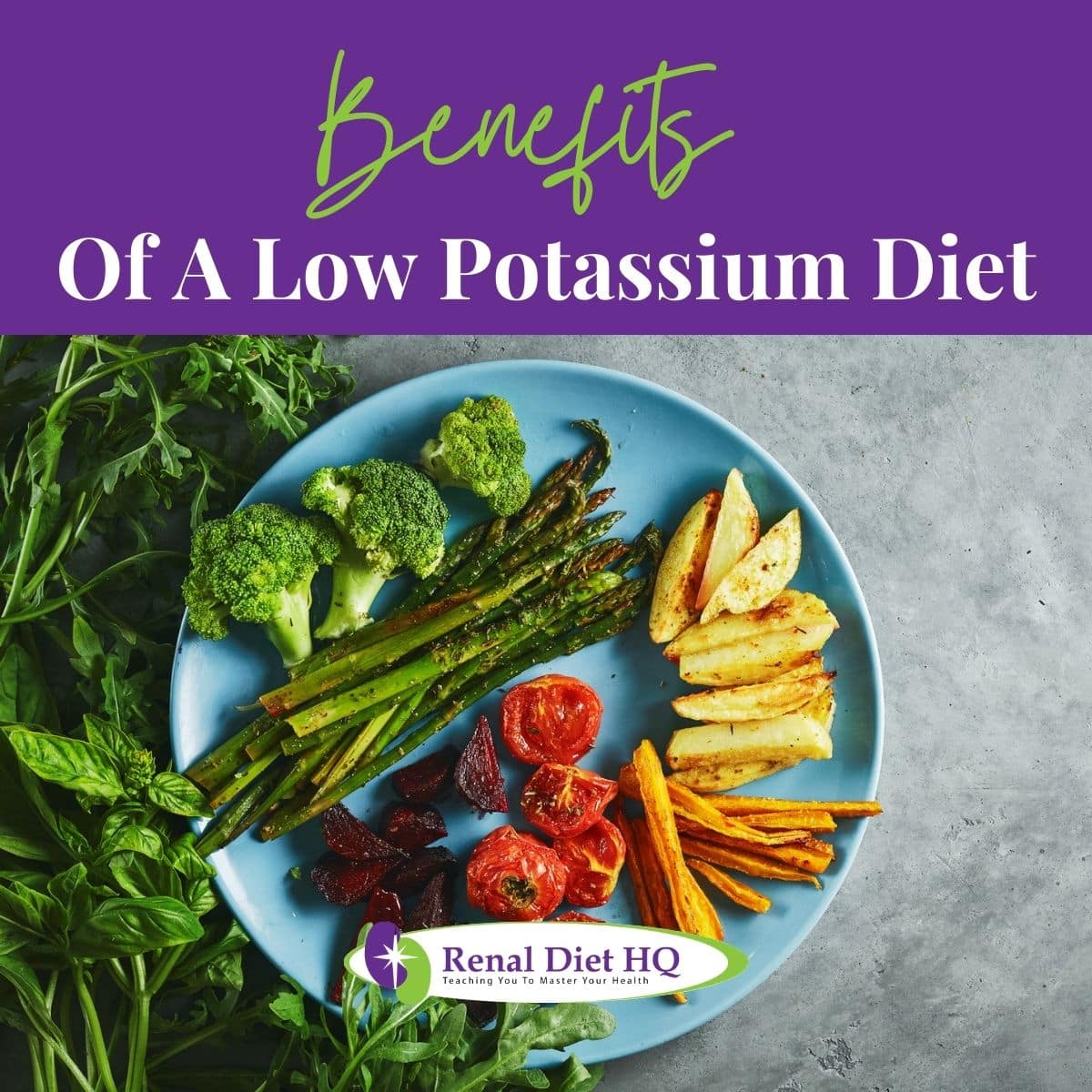
Benefits Of A Low Potassium Diet
I'm sure many of us are familiar with the concept of a low potassium diet, but few of us know the specific benefits it can provide. High potassium levels can lead to a range of health problems, including muscle weakness, fatigue, nausea, and irregular heartbeat. By following a low potassium diet, kidney patients can reduce their risk of these complications.
A low potassium diet typically also involves eating a variety of healthy foods, such as fruits, vegetables, whole grains, and lean proteins. This balanced diet can help promote overall health and reduce the risk of other health problems, such as heart disease and diabetes.
It’s important to be aware that you do need some amount of potassium to stay healthy. Although the exact amount of potassium a person needs can only be accurately determined by a treating physician or registered dietitian. But generally speaking, a person on a low potassium diet should limit their potassium intake to no more than 2,000 to 3,000 milligrams of potassium each day.
Types Of Food To Avoid
When it comes to a kidney diet, foods that are high in potassium, sodium, or phosphorus levels should generally be restricted. Bananas, potatoes, and avocados should be avoided. Salty snacks, cheese, yogurt, canned soups, cured meats, pickled foods, canned tomatoes, and canned vegetables may need to be limited as well.
High Potassium Foods
Many fruits are high in potassium, including bananas, oranges, and kiwis. While these fruits are healthy and nutritious, they should be consumed in moderation if you have kidney disease.
Dairy products are a good source of calcium and protein, but they can also be high in potassium. Examples of high potassium dairy products include yogurt, milk, and cheese.
Another type of food that can be high in potassium is meat. Meats are a good source of protein, but some are higher in potassium than others. Examples of high potassium meats include beef, pork, and chicken. Instead, try incorporating lower potassium meats into your diet, such as fish, turkey, and lamb.
It’s important to take care to read food labels closely so you can identify products with too much potassium. Substituting these ingredients for low-potassium foods will help you minimize the risk of hyperkalemia. Finally, controlling portion sizes is essential since even certain healthy foods can have too much potassium if eaten in large quantities.
High Sodium Foods
When it comes to reducing sodium in your diet, avoiding processed and canned foods is essential. These items are often loaded with salt, making them a no-go for those following a low sodium diet.
Instead of grabbing pre-packaged or canned goods, opt for fresh produce whenever possible as they won't contain additives or preservatives. When shopping, read food labels closely so you can identify products that have too much added sodium - if necessary, look for options like unsalted butter or salt-free seasoning blends which still provide flavor without the excess amount of salt.
Meal planning is also important when trying to reduce cravings and keep portion control in check - this helps ensure you don't eat too many high sodium foods at once.
Keeping track of what's on your plate will help you stay on top of your dietary goals.
Control Your Intake Of Salt
We need to be mindful of our salt intake if we have kidney disease, so here are some tips to help lower your daily intake of sodium!
- Processed foods usually contain a lot of sodium, so it's important to stay away from them and opt for fresh ingredients whenever possible.
- When you do buy packaged foods, be sure to read the nutrition labels - they'll tell you how much sodium is in each serving.
- Also, there are often low-sodium alternatives to certain foods. For example, you can buy low-sodium versions of your favorite condiments.
- It's also a good idea to look for foods with the 'heart-healthy' label, as these are usually lower in sodium.
- Finally, whenever you can, it's best to stick to homemade meals - that way, you know exactly what ingredients you're using and how much sodium you're consuming.
Avoid Processed Foods
When it comes to controlling your salt intake and following a low potassium diet for kidney disease, avoiding processed foods is key. By avoiding highly processed food whenever possible, you can be sure that ingredients with extra sodium aren't sneaking into your meals.
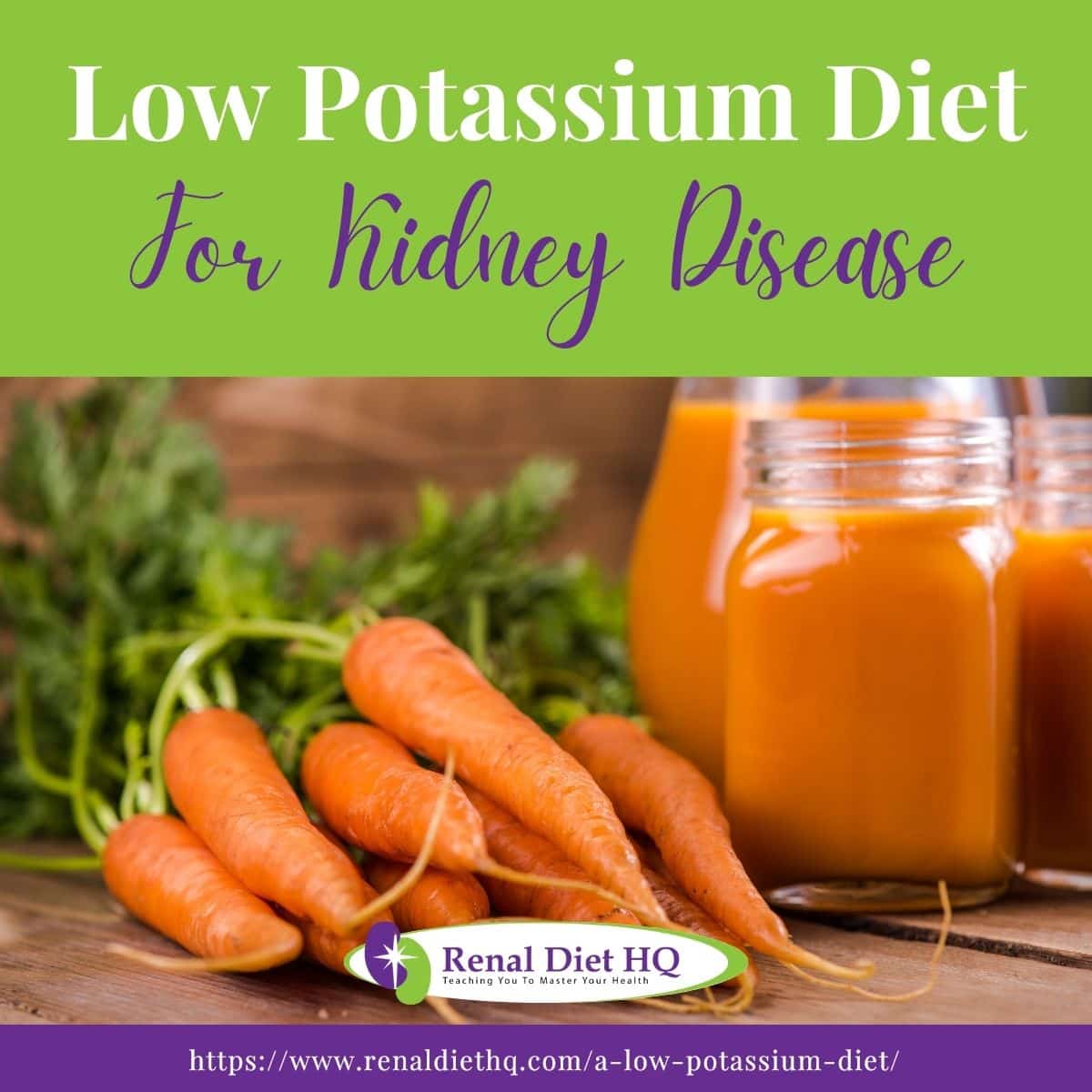
Foods That Are Low In Potassium
Fruits like apples, strawberries, and grapes are generally low in potassium, so you can safely include them in a low potassium diet. Vegetables such as lettuce, cauliflower, and carrots are also good for a low potassium diet. Dairy products substitutes like almond milk and soy milk are also low in potassium and are recommended for renal patients..
Incorporating these foods in your renal diet can help lower your dietary intake of potassium.
Fruits
When it comes to eating a low potassium diet, one of the best options is fruits such as apples, strawberries, tangerines, and plums. Eating organic fruits that are in-season and locally produced can help reduce consumption of other foods without sacrificing nutrition or taste. Incorporating small amounts of fresh fruits into your daily meals is a healthy way to enjoy nutritious snacks with minimal impact on potassium levels.
Vegetables
Cabbage, cauliflower, lettuce, and onions are all low potassium vegetables that are recommended for renal patients.. They can be cooked in a variety of ways, from steaming to sautéing to roasting.
Cabbage and lettuce are low-potassium vegetables that are also high in vitamins. It can be eaten raw in salads or cooked in a variety of dishes. Cauliflower is another low-potassium vegetable that can be roasted, mashed, or used as a low-carb substitute for rice or potatoes.
Onions are also low in potassium and can add flavor to a variety of dishes and can be sautéed, caramelized, or used raw in salads.
Meal planning is important when following a low potassium diet and vegetables should be the main focus during preparation. When replacing higher potassium ingredients, look for alternative ingredients such as cauliflower rice or zucchini noodles instead of traditional options like potatoes. It's also important to keep portion control in mind when selecting vegetables; eating too much could lead to an increase in potassium levels.
With careful cooking options and creative substitutions, you can make every meal tasty without sacrificing nutrition!
Dairy
Moving on to dairy, it’s always best to look for dairy substitutes such as almond milk or soy yogurt or rice milk that can be used in place of regular products like cow's milk or cream cheese. These options are typically lower in phosphorus and potassium than cow's milk. Dairy alternatives provide an easy way to reduce your daily potassium consumption while still getting plenty of nutrition benefits from these foods. When looking for nutritious yet low-potassium meals, consider incorporating some healthy dairy into your diet!
Monitoring Your Potassium Levels
I'm sure we all want to know the best way to test our potassium levels, so let's start there. We will also discuss what our ideal potassium levels should be for kidney disease patients. Then, we can talk about how to keep our levels within that goal range. Finally, we'll need to figure out what to do if our levels are too low or too high.
Testing Your Potassium Levels
It's important to test your potassium levels when managing a low-potassium diet for kidney disease. This can help you determine if the dietary changes and other lifestyle modifications are having an effect on your potassium levels.
The best way to track your progress is by taking regular blood tests that measure the amount of potassium in your body. It may also be beneficial to keep a journal documenting any changes you make to your diet or daily routine so that you have a record of what works and what doesn't work. By testing regularly, you will have a better understanding of how well these strategies are working for you and whether additional adjustments need to be made.
Taking charge of your health through monitoring is one of the most effective ways to ensure that you're getting the nutrition you need while following a low-potassium diet – all with the goal of maintaining healthy kidneys.
Potassium Level Goals
The target potassium level for CKD patients depends on the stage of their disease and other individual factors. Normally, the target blood potassium level is between 3.5 and 5.0 mEq/L. However, this target may be adjusted based on the patient's stage of kidney disease, individual needs, and medical history.
It is important for CKD patients to work closely with their healthcare provider to monitor and manage their potassium levels. Regular blood tests can help to ensure that potassium levels are within the target range and prevent complications associated with hyperkalemia or hypokalemia.
Increase Your Intake Of Fiber
Diabetes is one of the leading causes of kidney disease, and fiber can help regulate blood sugar levels, which also ends up slowing the progression of kidney disease.
One way to make sure you get plenty of fiber is by eating more fruits and vegetables than usual. You should also incorporate various legumes such as chickpeas, lentils and black beans into your meals whenever possible.
High cholesterol levels can also increase the risk of heart disease, which is a common complication of kidney disease. Fiber can help lower cholesterol levels and reduce this risk.
Read Nutrition Labels
Reading the ingredient labels is a key part of controlling your salt intake and following a low potassium diet for kidney disease. Not only does it help you avoid preservatives, but it can also help you adhere to your safe levels of dietary sodium content, and potassium content that's recommended for a healthy kidney-friendly diet. When shopping for snacks or meal prepping, look out for keywords like 'low sodium' and opt to buy organic whenever possible.
Choose Low-Sodium Alternatives
Instead of reaching for the shaker and salting your meal, consider alternative seasonings such as herbs or spices that can add flavor without all the sodium. To make sure you're getting enough nutrition in every bite, look for low-sodium alternatives when grocery shopping. Choose fresh produce over processed goods (which often contain added salts) and read labels carefully so you know exactly how much sodium is going into each meal.
With these tips in mind, controlling your salt intake doesn't have to be an overwhelming chore; just remember to take small steps towards healthier eating habits one day at a time!
Vitamins And Minerals Needed
I'm sure we can all agree that Vitamin B, Vitamin C, Vitamin D, Calcium, and Iron are all essential vitamins and minerals we need. Let's talk about how to make sure we get enough of all these important vitamins and minerals.
Iron
Iron is an essential nutrient that plays a crucial role in the production of red blood cells, which carry oxygen throughout the body. In CKD patients, the kidneys are unable to regulate iron levels properly, leading to anemia, a common complication of CKD. Anemia can cause fatigue, weakness, shortness of breath, and other symptoms that can significantly impact a patient's quality of life.
In cases where anemia is caused by iron deficiency, increasing iron intake can be an effective treatment. Iron supplementation can help to increase the production of red blood cells, improve hemoglobin levels, and alleviate anemia-related symptoms. However, it is important to note that iron supplementation should only be done under the guidance of a healthcare professional and based on individual needs.
Vitamin B
It's also important to track your Vitamin B intake when trying to lead a healthier life. This vitamin helps support energy production, metabolism and immune system health.
Eating foods such as fruits, vegetables, lean meats, and fish can be a great way of incorporating vitamin B into your diet. Additionally, you may want to consider adding supplements for extra assurance that you’re getting the recommended daily amount; many come fortified with Vitamin B as well!
If you're feeling overwhelmed by all this information don’t worry – there are plenty of resources out there to help guide you in creating an eating plan tailored specifically to your needs. With the right knowledge and support anyone can make positive dietary choices that promote improved health and well-being.
Vitamin D
Vitamin D is an essential nutrient that plays a crucial role in maintaining bone health, immune function, and overall health. In CKD patients, vitamin D deficiency is common due to the kidneys' reduced ability to activate vitamin D. This can lead to a range of complications, including bone disease and dental problems.
One of the primary functions of vitamin D is to help the body absorb calcium from the diet. In CKD patients, vitamin D deficiency can lead to weakened bones, bone pain, and an increased risk of fractures. Vitamin D supplementation can help to prevent and treat this by improving calcium absorption and bone mineralization.
Keep in mind that, similar to iron, you should only take vitamin D supplements if your healthcare professional prescribes it for you.
Medication Adjustment
When it comes to medication management for a low potassium diet, talking about the potential risks is key.
Your doctor should be able to help you understand any potential side effects so that you can better prepare yourself for them. Certain medications may interact differently when combined with other drugs or supplements-it's critical that these conversations happen before starting new treatments. In addition, it's important to ask questions about how long certain medicines last; this will allow you to plan ahead if need be.
Finally, having an honest conversation about what works best for your unique situation is essential - there isn't a one size fits all approach when it comes to treating chronic conditions like kidney disease! Discussing options together with your medical team allows you to take control of the decisions impacting your health while also getting the necessary support along the way, and you certainly should not make any medication changes without working with your general practitioner or nephrologist.
FAQs about A Low Potassium Diet
Adopting a low potassium diet has the potential to be beneficial for those with kidney disease, but it is important to understand that potassium is an essential mineral and that there may be risks associated with extreme potassium restriction in your diet.
Potassium is necessary for proper muscle function, and potassium deficiency can lead to muscle weakness, cramps, irregular heartbeat or even heart failure.
However, following a personalized renal diet designed for you by your registered dietitian can help you avoid these problems.
Reducing sodium and increasing potassium sources can be beneficial for those looking to stay on a low potassium diet plan. But is it safe to do so over an extended period of time? The answer is yes, but you should always consult with your doctor first.
Depending upon the severity of your condition, modifications may need to be made in order to ensure that you are getting all essential nutrients while following the dietary restrictions. This could include substituting certain foods.
There are several dietary supplements that may be beneficial for kidney disease patients, but it is important to note that not all supplements are safe or effective for everyone. It is always best to consult with a healthcare professional before taking any dietary supplements, especially if you have kidney disease.
Here are some dietary supplements that may be beneficial for kidney disease patients:
1. Vitamin D: As mentioned earlier, vitamin D deficiency is common in kidney disease patients, and vitamin D supplementation may be necessary to prevent and treat complications such as bone disease.
2. Iron: Iron supplementation may be necessary for kidney disease patients with anemia caused by iron deficiency, as discussed earlier.
3. B-complex vitamins: B-complex vitamins, including B12 and folic acid are important for red blood cell production and may be beneficial for kidney disease patients with anemia.
4. Probiotics: Probiotics are beneficial bacteria that can help to improve gut health and reduce inflammation. Some studies have shown that probiotics may be beneficial for kidney disease patients.
A Low Potassium Diet Can Help Control Kidney Disease
Having a low potassium diet is an important part of managing kidney disease. Sticking to this type of diet for an extended period of time can be difficult, but it's important that you do so in order to prevent further damage to their kidneys and reduce the risk of complications such as heart disease and high blood pressure. Also, this diet helps the body maintain normal heart, muscle and nerve functions.
It's important to work with a healthcare provider or registered dietitian to develop a personalized nutrition plan that meets individual needs and preferences while also supporting kidney health.

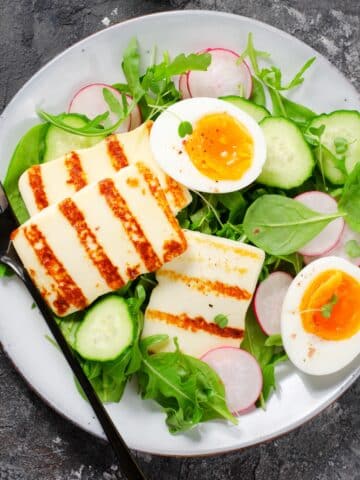





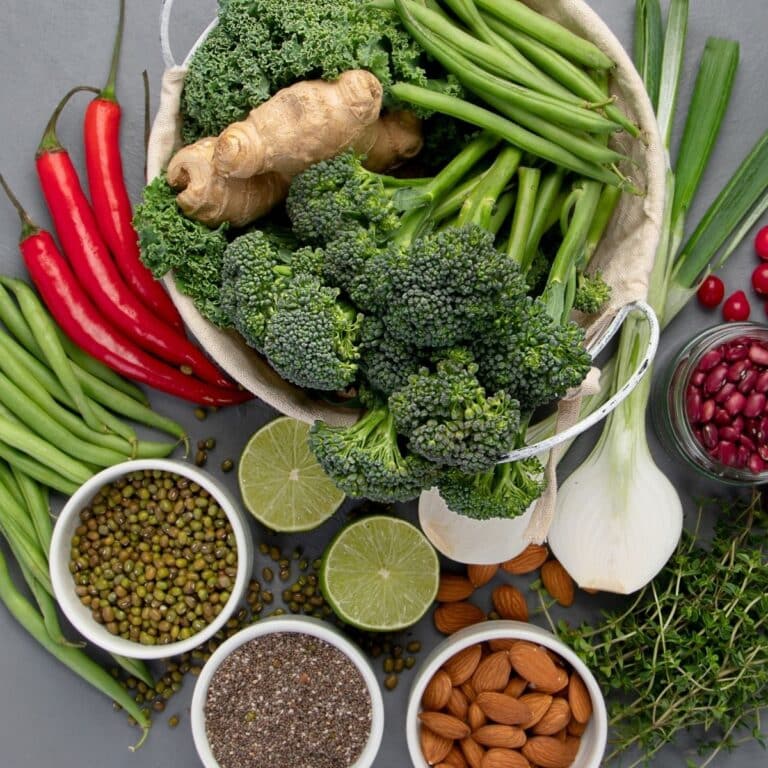
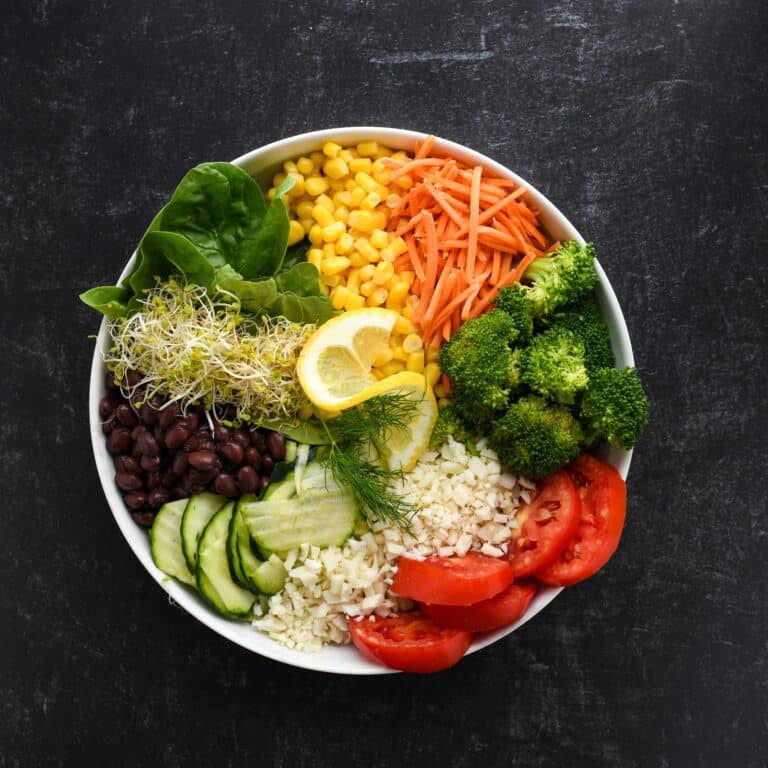
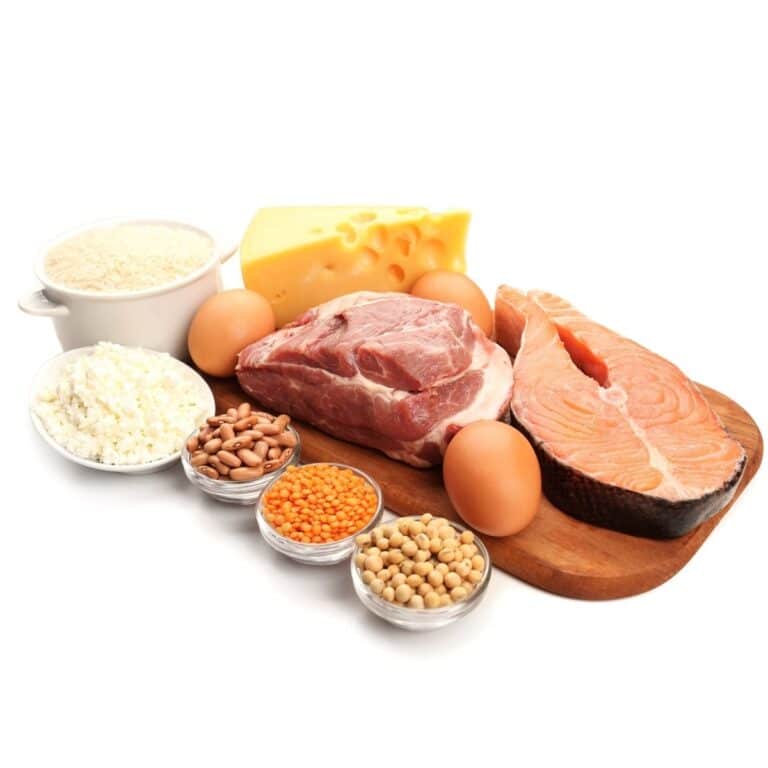

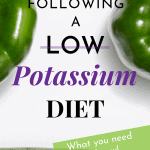

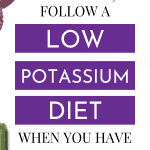
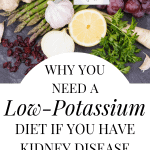

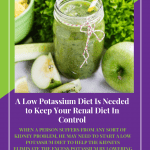
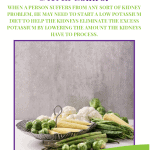

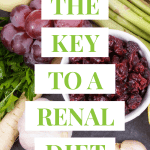



My husband only has 1 kidney.
It is not functioning well.
He is 80 just had 5 bypass heart surgery. Our best worry is the kidney. I need help knowing what to cook.
Most people who eat a healthy diet should get enough potassium naturally. However, many Americans don't eat a healthy diet and may be deficient in potassium. Low potassium is associated with a risk of high blood pressure, heart disease, stroke, arthritis, cancer, digestive disorders, and infertility. For people with low potassium, doctors sometimes recommend improved diets -- or potassium supplements -- to prevent or treat some of these conditions..."--
The kidneys normally remove excess potassium from the body. High potassium levels are more likely to occur when the kidneys are not working properly and are less able to get rid of potassium. If your kidneys are not working well enough, taking extra potassium (for example from using salt substitutes that contain potassium or taking potassium supplements prescribed by your health care provider) could lead to problems.'-*: